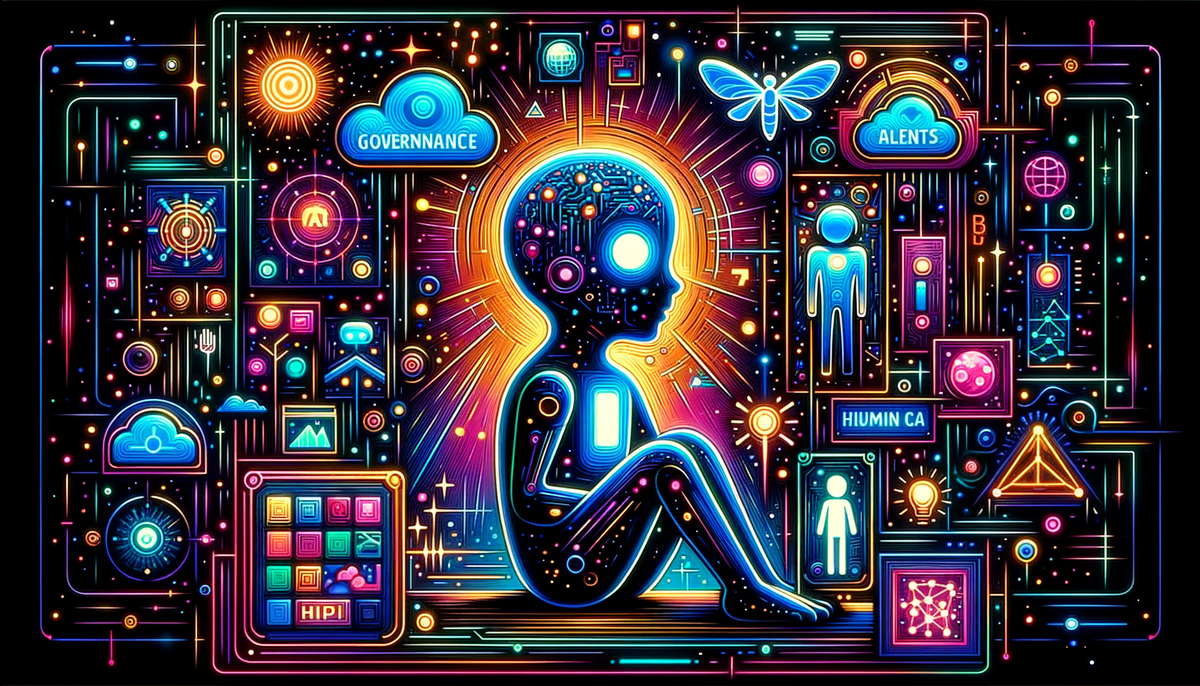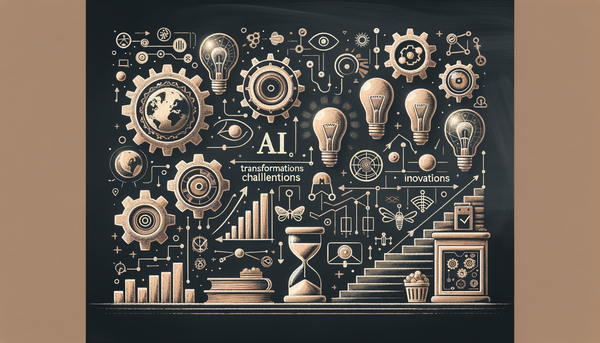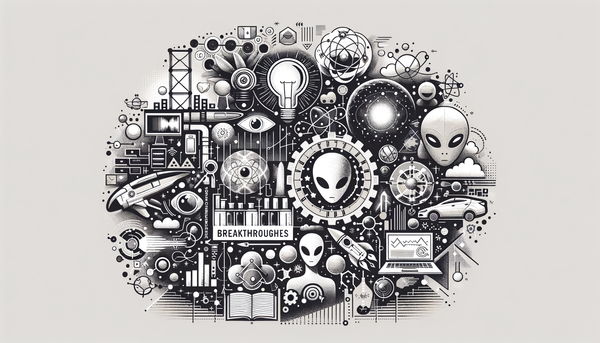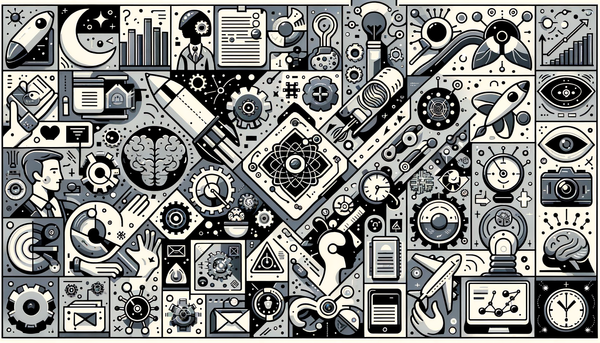AI Developments: Job Impact, Startups, and Innovations

Artificial intelligence is continuously reshaping our society, enabling innovations across sectors like business, healthcare, and technology. New players and established companies alike are propelling AI towards new heights, challenging traditional boundaries and assuring an AI-driven future. However, discussions around AI's job implications, business monetization strategies, and the balance between creativity and AI continue to shape its trajectory.
A New Era for AI Start-Ups and Monetization
As the digital landscape rapidly evolves, start-ups like DeepSeek are paving the way with innovative monetization strategies. By expanding their scope beyond basic AI solutions to include diverse applications, DeepSeek is capturing the increasing demand for AI-driven solutions across industries. Their strategic pivot highlights the potential for lucrative returns as they leverage advanced algorithms and data analytics. This move, coupled with disruptions in traditional business models, sets DeepSeek up for a fascinating transformation in AI's evolving landscape.
Competing with the Giants: Musk’s xAI and Grok-3
Elon Musk’s xAI project marks a significant stride with the introduction of Grok-3. Positioned to rival industry heavyweights like OpenAI and Google, Grok-3 enhances conversational abilities and complex query handling. Musk imagines Grok-3 as not just technically functional but as a means to engage users on deeper levels, setting a new standard in conversational AI. Named after a science fiction concept, Grok-3 illustrates Musk's ambition to redefine human-machine interaction, and its real-world impact might very well push competitors to innovative edges.
AI Transforming Healthcare Standards
Coreline Soft's recent FDA approval for its AI-driven coronary calcium analysis software symbolizes a leap in healthcare diagnostics. With the ability to improve accuracy and efficiency in evaluating coronary artery disease risks, AI promises earlier interventions and better patient outcomes. This advancement showcases AI's ability to set new standards in cardiovascular healthcare, providing clinicians with tools to interpret data with unprecedented speed and clarity. Consequently, AI's role in enhancing patient care and clinical processes shines brighter than ever.
The Evolution of Render Farms in a CGI World
In the realm of digital rendering, the advent of AI is revolutionizing traditional render farms. AI’s capability to produce high-quality images rapidly decreases reliance on extensive server setups, reducing costs. Though it's far from replacing render farms entirely, hybrid systems utilizing both AI and traditional methods could emerge, melding creativity with efficiency. The industry stands at a crossroads, where the combination of AI's precision and artist creativity redefines the visual content creation process. Bibliophiles might remember Arthur C. Clarke’s saying, "Any sufficiently advanced technology is indistinguishable from magic," as AI enters spaces once thought solely the domain of human creativity.
Navigating Job Market Fears with AI
Despite growing concerns surrounding AI's impact on employment, India and the US stress that AI will not cause significant job losses. They argue for AI as an opportunity generator, enhancing productivity and fostering job growth. Collaborative development on a global scale promises economic advancements that mitigate job displacement fears. As education and upskilling initiatives become foundational, these nations aim to prepare workforces for AI's transformative potential, promoting a future where human capabilities and intelligent technologies coexist harmoniously.
AI is a tool that will make our society more connected, more efficient, and more productive. We need to understand its implications and use it wisely.- Reed Hastings, Co-founder of Netflix, 2016




